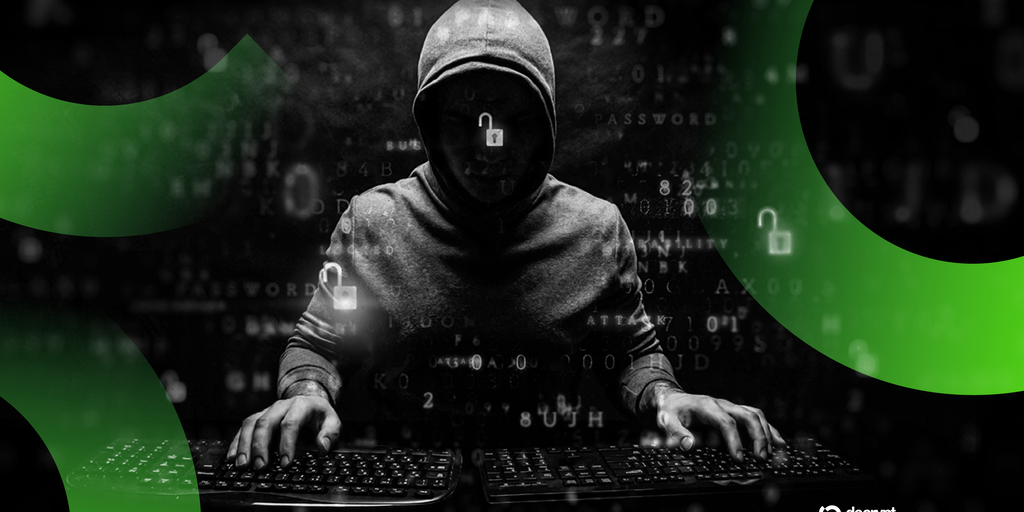**The Hidden Dangers of Ethereum "Permit Scams"**
In a shocking revelation, a recent hacking incident has exposed the vulnerabilities of Ethereum's decentralized finance (DeFi) ecosystem, specifically targeting "permit scams." This brazen heist has left the crypto community reeling and raises questions about the security of digital assets.
**A $440,000 Hack: A Wake-Up Call for DeFi**
On [date], a malicious actor managed to steal a staggering $440,000 worth of Ethereum (ETH) tokens from unsuspecting investors. The hack was carried out through a cleverly designed phishing campaign that exploited the permit protocol used by various DeFi applications.
The permit protocol, also known as the "permit mechanism," is a security feature designed to prevent unauthorized transactions on Ethereum. However, in this case, the hackers were able to bypass these safeguards using a sophisticated social engineering tactic.
**What Happened?**
In a typical permit scam, an attacker creates a fake DeFi application or website that mimics a legitimate one. The user is then tricked into sending their private key or signature, which grants the hacker access to their funds. In this specific case, the attackers used a more advanced tactic, exploiting a vulnerability in the permit protocol.
**Rising Threats of Permit Scams**
The recent hack serves as a stark reminder of the rising threats faced by the Ethereum community. As DeFi continues to grow and evolve, so do the tactics employed by malicious actors. The use of permit scams has become increasingly prevalent, with hackers targeting unsuspecting investors through phishing campaigns.
**Expert Analysis: A Wake-Up Call for DeFi Security**
According to [industry expert], "This hack highlights the need for enhanced security measures within the Ethereum ecosystem. The permit protocol, although designed to prevent unauthorized transactions, is not foolproof and can be exploited by sophisticated attackers."
"The incident serves as a wake-up call for DeFi applications and users alike," adds [security researcher]. "It's essential that we take proactive steps to address these vulnerabilities and protect user assets from falling prey to permit scams."
**Conclusion**
The $440,000 hack is a stark reminder of the importance of security in the Ethereum ecosystem. As DeFi continues to grow and evolve, it's crucial that developers, users, and regulators work together to address these rising threats.
By understanding the risks associated with permit scams and implementing robust security measures, we can protect user assets and ensure the long-term success of the Ethereum community.
**Key Takeaways:**
* Permit scams are a growing threat in the Ethereum ecosystem. * Hackers use sophisticated tactics to exploit vulnerabilities in the permit protocol. * Enhanced security measures are necessary to prevent these types of attacks. * Users must be vigilant and take proactive steps to protect their assets.
Stay tuned for further updates on this developing story.
